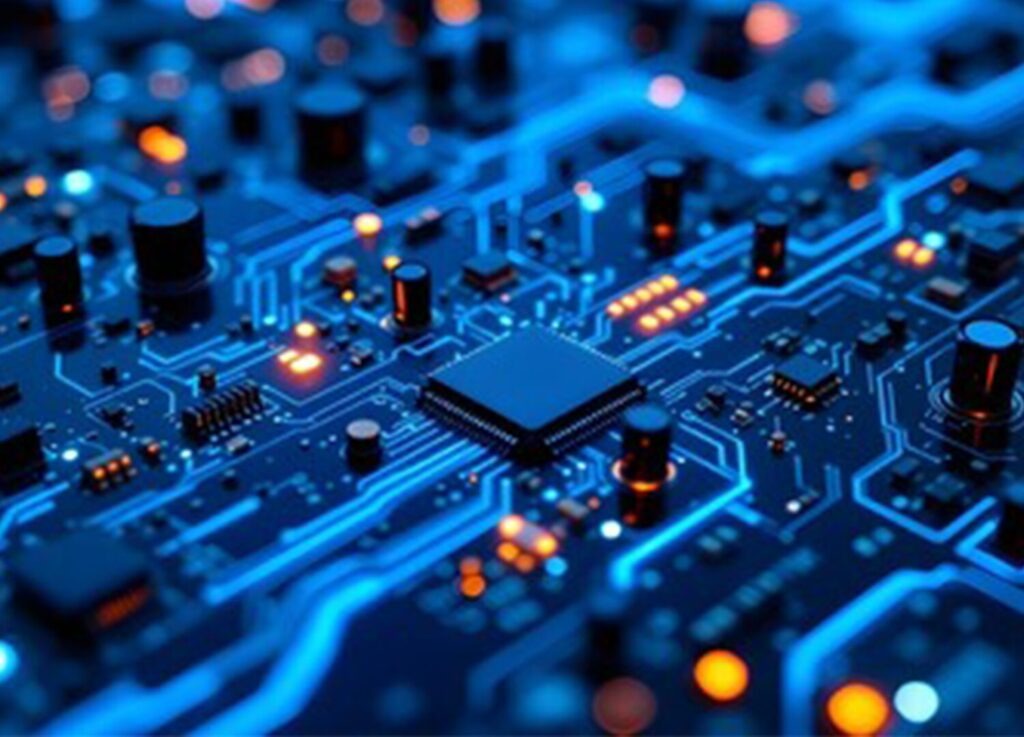Have Any Questions?
+800-327-9912
Tesla’s Impact on Modern Technology
Tesla’s Impact on Modern Technology
Nikola Tesla was more than just an inventor; he was a visionary who laid the groundwork for
many of the technologies that define the modern world.
Introduction
His contributions to alternating current (AC) power, wireless communication, robotics, and renewable energy have had lasting effects across multiple industries. Though many of his ideas were not fully realized in his lifetime, today’s scientific and technological advancements owe much to Tesla’s pioneering work.
The Alternating Current Revolution
One of Tesla’s most significant contributions was the development of the alternating current (AC) electrical system. Unlike Thomas Edison’s direct current (DC) model, Tesla’s AC system allowed electricity to be transmitted over long distances efficiently. This breakthrough led to the creation of power grids that now supply electricity to homes and businesses worldwide.
The adoption of AC power was solidified when Tesla and George Westinghouse won the contract to power the 1893 World’s Columbian Exposition in Chicago, demonstrating the superiority of AC over DC. Later, the successful installation of an AC-powered hydroelectric station at Niagara Falls further cemented Tesla’s legacy as the father of modern electricity distribution.
Wireless Communication and the Foundation of Radio
Tesla was a pioneer in wireless transmission technology, conducting experiments that laid the foundation for modern communication systems. While Guglielmo Marconi is often credited with inventing radio, Tesla’s patents predated Marconi’s work, and in 1943, the U.S. Supreme Court officially recognized Tesla’s contributions to radio technology.
Tesla envisioned a world where information and energy could be transmitted wirelessly. His work in electromagnetic waves influenced technologies such as Wi-Fi, Bluetooth, and even satellite communications. His experiments with the Tesla Coil also played a critical role in the development of early radio transmission methods.
Wireless Power Transmission: A Dream Ahead of Its Time
Perhaps one of Tesla’s most ambitious projects was his attempt to transmit electricity wirelessly. The Wardenclyffe Tower, built on Long Island in the early 1900s, was intended to distribute wireless energy across the globe. Tesla believed that electricity could be supplied without the need for traditional power lines, making energy accessible to all.
Financial struggles and skepticism from investors led to the project’s abandonment, but Tesla’s vision of wireless power lives on. Today, technologies such as inductive charging for smartphones, electric vehicle wireless charging, and experimental long-range wireless power transfer owe their origins to Tesla’s groundbreaking ideas.

Tesla and Robotics: A Vision of Automation
Tesla was one of the first to explore the concept of remote-controlled machines. In 1898, he demonstrated a radio-controlled boat, showcasing early automation and robotics concepts. He predicted a future in which autonomous machines could perform complex tasks without human intervention.
Tesla’s work directly influenced the development of robotics, artificial intelligence, and automation. Today, autonomous vehicles, AI-driven machinery, and smart industrial systems all rely on principles that Tesla anticipated more than a century ago.
Renewable Energy and the Future of Sustainable Power
Tesla was an early advocate for renewable energy. He believed in harnessing natural sources such as hydroelectric power and even theorized about extracting energy from the Earth itself. His experiments in energy efficiency laid the groundwork for modern renewable energy solutions, including solar panels, wind turbines, and sustainable power grids.
Today, Tesla’s influence can be seen in the push for sustainable energy solutions, with companies like Tesla, Inc. leading innovations in electric vehicles and solar energy systems.

Tesla’s Influence on Computing and Data Science
While Tesla did not directly work on computing, his research in electrical engineering and electromagnetic fields has impacted modern computing systems. His experiments with high-frequency currents influenced the development of semiconductors and circuit design. Concepts such as neural networks and AI-driven decision-making align with Tesla’s forward-thinking approach to automation and machine intelligence.
Conclusion
Nikola Tesla’s impact on modern technology is immeasurable. From revolutionizing electrical power distribution to laying the foundation for wireless communication and automation, his work continues to shape industries across the globe. Though many of his ideas were considered too radical at the time, advancements in renewable energy, wireless power transmission, and artificial intelligence prove that Tesla’s vision was not only ahead of his time but remains relevant today. His contributions serve as a testament to the boundless possibilities of human innovation.
